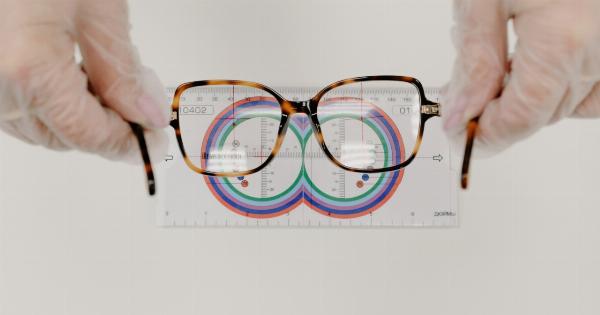Facial swelling, also known as a swollen face or facial edema, can occur for various reasons, ranging from allergies and injuries to medical conditions.
Dealing with a swollen face can be uncomfortable and concerning, but understanding what to do and what to avoid is crucial for effective treatment and preventing further complications. In this article, we will discuss the dos and don’ts when it comes to managing facial swelling.
1. Do Identify the Cause
The first step in treating a swollen face is identifying the underlying cause. Facial swelling can be a result of allergic reactions, dental infections, sinusitis, insect bites, trauma, infections, underlying medical conditions, and more.
Understanding the cause will help determine the appropriate treatment and whether medical attention is necessary.
2. Don’t Ignore Allergic Reactions
If your swollen face is a result of an allergic reaction, it is important not to ignore it. Allergic reactions can range from mild to severe and may require immediate medical attention.
If you experience difficulty breathing, hives, or facial swelling after consuming or coming into contact with a potential allergen, seek emergency medical care.
3. Do Apply Cold Compresses
Using cold compresses is an effective way to reduce facial swelling. Wrap a few ice cubes or a cold pack in a clean cloth and gently apply it to the swollen area for 10 to 15 minutes at a time.
The cold temperature helps constrict blood vessels, reduce inflammation, and alleviate swelling. Be sure to avoid direct contact between the ice pack and your skin to prevent ice burn.
4. Don’t Apply Heat
Avoid applying heat to a swollen face as it can exacerbate inflammation and increase blood flow to the area, leading to more swelling. Heat may also worsen pain or discomfort.
Stick to cold compresses or ice packs for best results in reducing facial swelling.
5. Do Elevate Your Head
If facial swelling occurs due to fluid accumulation, elevating your head while resting or sleeping can help minimize the swelling.
Prop up pillows to support your head and keep it above the level of your heart to encourage proper drainage and reduce fluid build-up in the facial tissues.
6. Don’t Consume Sodium-rich Foods
Sodium can contribute to water retention and swelling. Avoid consuming sodium-rich foods, such as processed snacks, fast food, canned soups, and pickled foods, as they can worsen facial swelling.
Opt for a balanced diet that includes fresh fruits, vegetables, and lean proteins to support a healthy fluid balance in the body.
7. Do Stay Hydrated
Drinking an adequate amount of water is essential for maintaining a healthy fluid balance in the body. Dehydration can lead to water retention and exacerbate facial swelling.
Aim to drink at least eight glasses of water per day, unless otherwise advised by your healthcare provider.
8. Don’t Smoke or Consume Alcohol
Smoking and excessive alcohol consumption can contribute to facial swelling and inflammation. These habits weaken blood vessels, impair circulation, and promote fluid retention.
Quit smoking and limit alcohol intake to support overall health and reduce the likelihood of facial swelling.
9. Do Try Home Remedies
Several home remedies can help alleviate facial swelling. Applying a cucumber slice, aloe vera gel, or witch hazel to the affected area may provide soothing relief.
Additionally, natural diuretics, such as parsley or dandelion tea, can help promote the elimination of excess fluids from the body. However, if the swelling persists or worsens, consult a healthcare professional.
10. Don’t Hesitate to Seek Medical Attention
If the swelling in your face is severe, persistent, accompanied by severe pain or difficulty breathing, or if you notice sudden onset facial swelling without any known cause, it is essential to seek medical attention promptly.
These symptoms could indicate a severe allergic reaction, infection, or an underlying medical condition that requires immediate evaluation and treatment.
Remember, while these dos and don’ts provide general guidelines, every case of facial swelling is unique.
Consulting a healthcare professional is always recommended to determine the cause of the swelling and receive appropriate advice tailored to your specific situation.



























